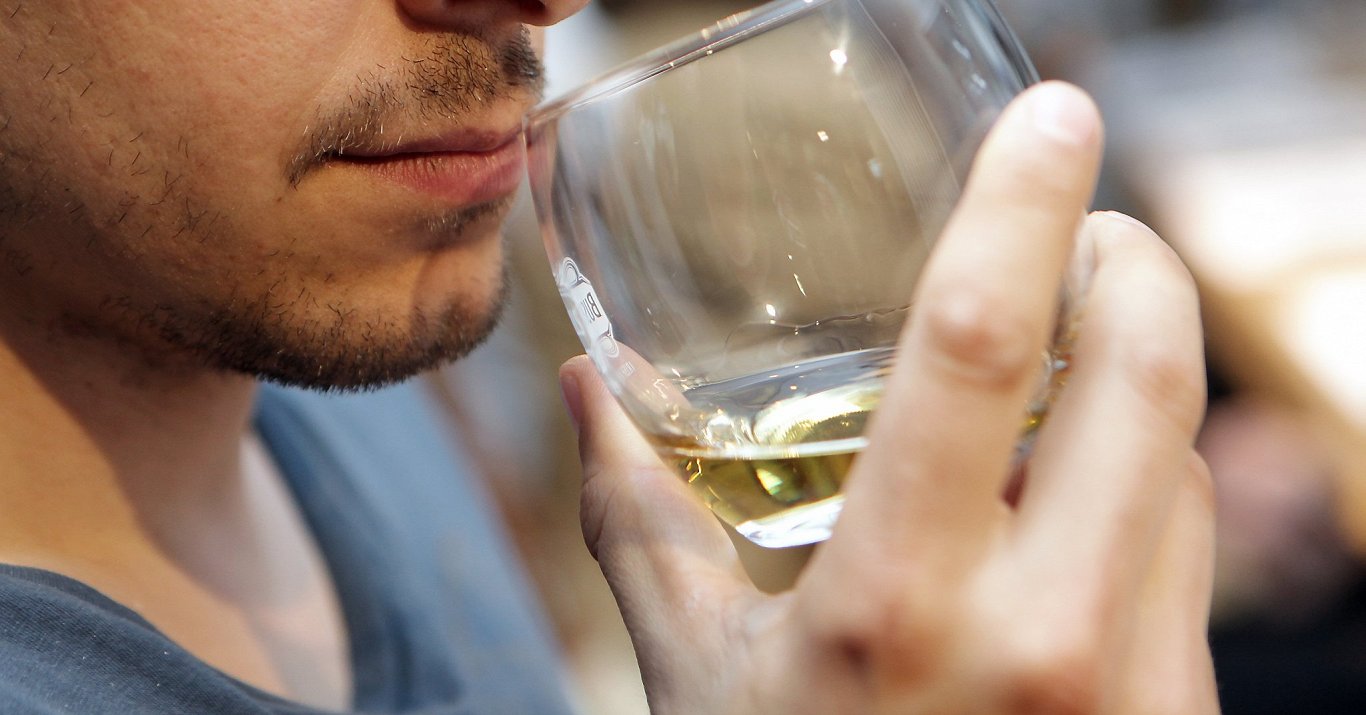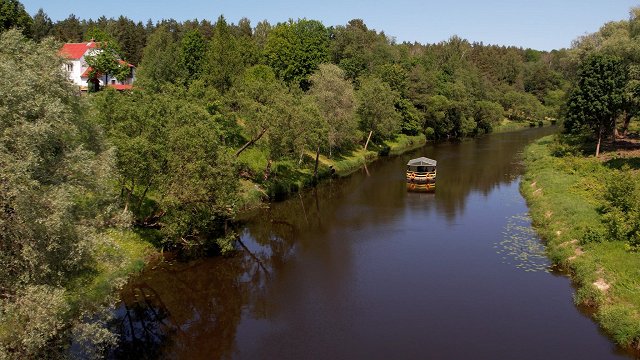Svetlana Lēvalde has been clean for 24 years. Before that, she spent half her life under the influence of alcohol. She started drinking at the age of 14. At that time she lived in an unsafe environment – her father drank a lot, the conditions in the family were difficult. It was the late 1980s in Jelgava district. At the age of 17, she married and gave birth to a son. But then at the age of 20, Lēvalde began to drink more under the influence of emotional shock.
"My father hung himself. I was divorced from my husband. My married life was quite short. I was terribly disappointed. It served as an excuse for me, and I was able to drink with a clear conscience because I was hurt," she said.
This continued for eight years until a nurse persuaded her to join a state-funded program based on the Minnesota Model of addiction recovery.
How the state helps
The state can help treat addiction. There are cases when alcohol use causes acute health problems and requires emergency detoxification. The patient comes to the relevant care institution during a hangover, and must not be under the influence of alcohol. Then the body is cleansed for an average of five to seven days. It often includes delirium tremens, or alcoholic psychosis, which usually begins with restless sleep, anxiety, and vivid, often terrifying dreams. It can take considerably longer.
Such assistance is provided at Strenči Psychoneurological Hospital. Dace Raituma, chief physician of the Department of Narcology, said: "It is like this when a person drinks for a long time - a week, two, several months. At some point health problems start. Then the family often gets concerned and starts looking for help. Then we start helping. The second way is when the patient is brought in by ambulance. This is a regular event."
The patient has to pay seven euros for a day in the hospital, or an average of 40-50 euros for the whole course. During the year, such assistance is provided to more than a thousand people in Strenči.
But not everyone manages to overcome addiction completely.
"The cycle is like this - drink, detox, life. Drink, detox, life. And it is difficult to pull them out of this rhythm, because there is no desire to change anything," said Raituma.
Strong motivation helps to break the vicious circle, but it is important to continue treatment, for example, by visiting a narcologist. There is also a co-financing over four euros.
Elīna Engelberga, a senior expert in the Outpatient Services Division of the National Health Service (NVD), said: "A narcologist is a directly available specialist, so a referral is not necessary when going on a visit."
Narcologists counsel, diagnose and treat a variety of addictions, including alcohol, drugs and gambling. And often a visit to a narcologist is critical to stopping drinking altogether. But the most important and at the same time the most difficult in this process is working with yourself, experts stressed.
Minnesota Model
For many, including the heroine of this story, Svetlana, the main starting point was the Minnesota Model program, which is also used in the hospital "Ģintermuiža" in Jelgava.
Lilita Caune, the head of drug treatment, explained: "As with any chronic illness, a person has to learn many new things, first of all to understand yourself and the illness, and warning signs of relapse. And a lot of attention is paid to thinking and understanding. You have to learn to live differently, based on the principle that a normal life is a life without alcohol."
The program is based on group therapy, as well as conversations with specialists. It lasts for 28 days and the patient can enrol if they have been clean for at least five days. Here, too, a patient must pay – seven euros per day or approximately 200 euros for the entire course.
About half of the patients do not drink alcohol for at least two years after completing the program at Ģintermuiža. However, in this program, as in detoxification, people tend to return several times.
Svetlana, who has overcome her addiction, stresses the importance of psychological help: "You can't just stop using the substance and not do anything else. My father is a clear example. He stopped drinking and hung himself after three months. He just didn't understand how to [live]."
Experts have different ideas on how to improve state aid. One of them is to waive the co-payments and for the state to pay for the treatment in full. Another is to make narcologists even more accessible so that there is a shorter waiting line and patients do not have to travel far.
Svetlana is also currently working in this field, helping children and young people rid themselves of addictions. The biggest shortcoming in her experience is inter-institutional cooperation. She believes that, for example, when catching a drunk driver, treatment options should also be explained to the person or made mandatory.
Meanwhile, the Ministry of Health's alcoholism reduction plan, which was previously reported on by Latvian Radio and LSM, includes measures to improve treatment, but there is not enough money to implement them.
Even so, several experts said that the range of services already available is quite wide, so that a person who really wants to have treatment for alcoholism can get it. However, hard work is needed to educate the public about both treatment options and alcohol consumption in general.
"I have no desire to return to where I was," Svetlana says, "That's not my story. That's not for me."





























